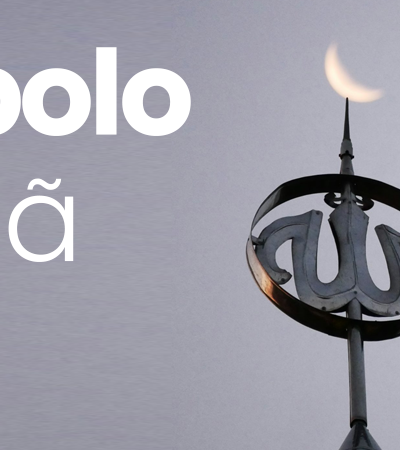
O Islã foca no monoteísmo, sem símbolo oficial como o crescente. O artigo refuta a adoração à lua, esclarecendo o foco espiritual da fé.
Continue Reading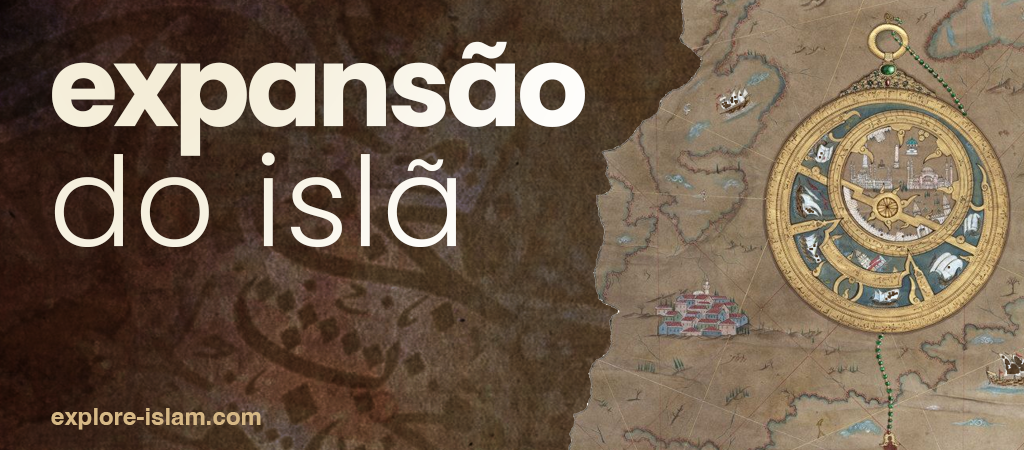
A disseminação do Islã ocorreu por Da’wah, comércio e educação. Este artigo visa clarificar o seu crescimento e fatores de adoção.
Continue Reading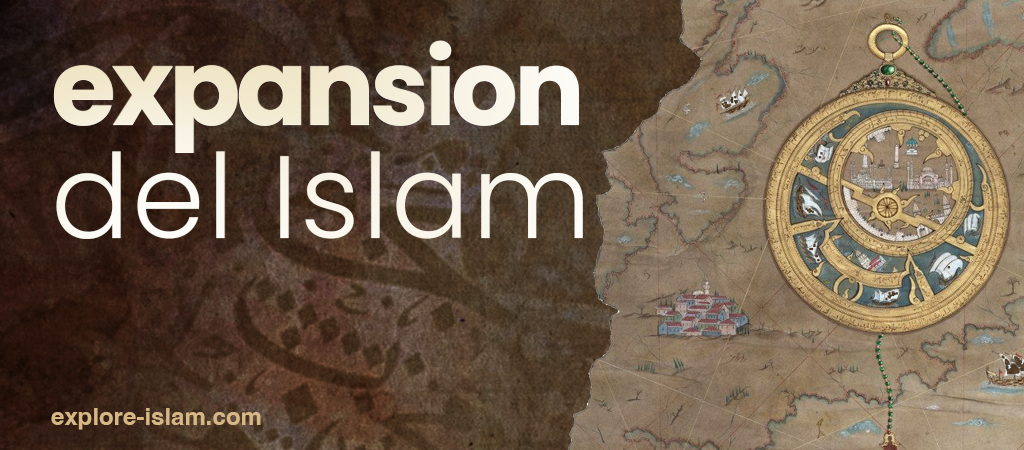
La difusión del Islam fue impulsada por la Da’wah, el comercio y la educación. Este artículo busca aclarar su auge.
Continue Reading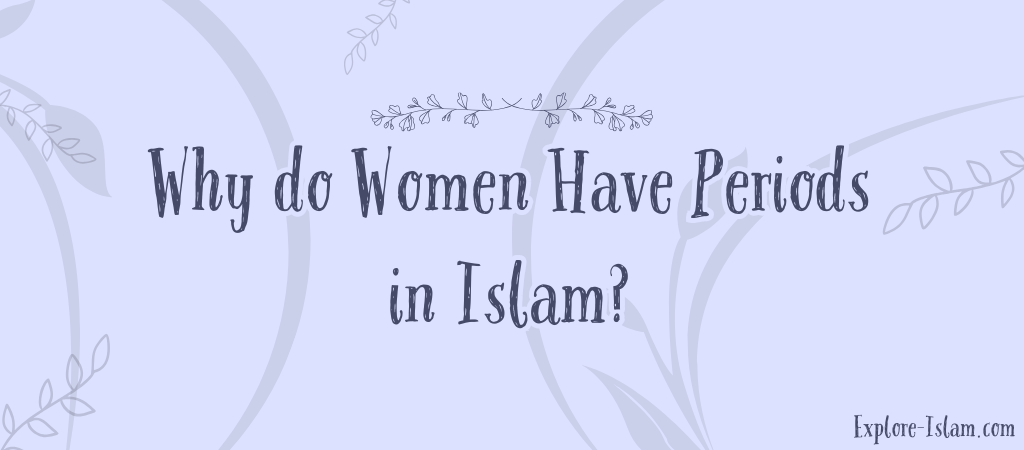
Menstruation is a natural Islamic state that creates temporary ritual impurity (not moral fault), restricting specific formal worship.
Continue Reading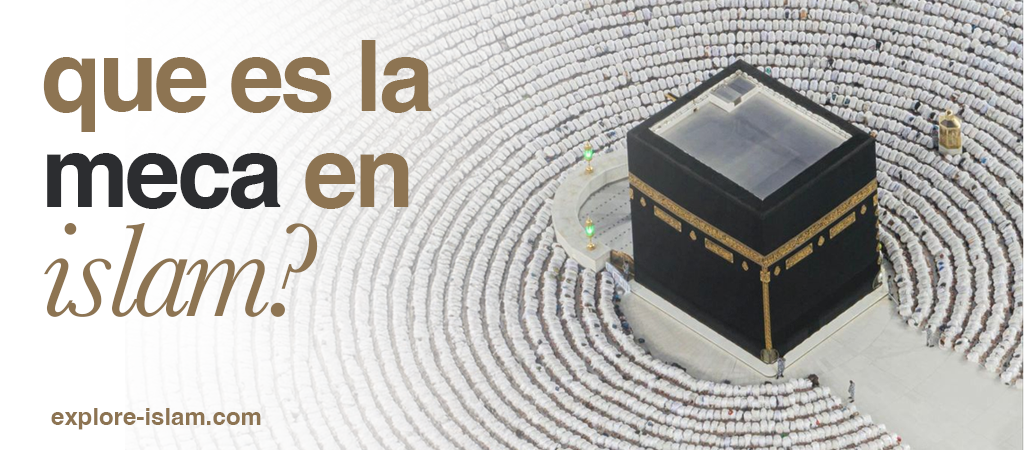
El Islam, unificó a los árabes dispersos en una comunidad cohesionada, superando los lazos tribales y extendiendo rápidamente su llamado.
Continue Reading
Islam defines salvation as personal accountability and the result of a direct relationship with God, starting from a state of natural purity.
Continue Reading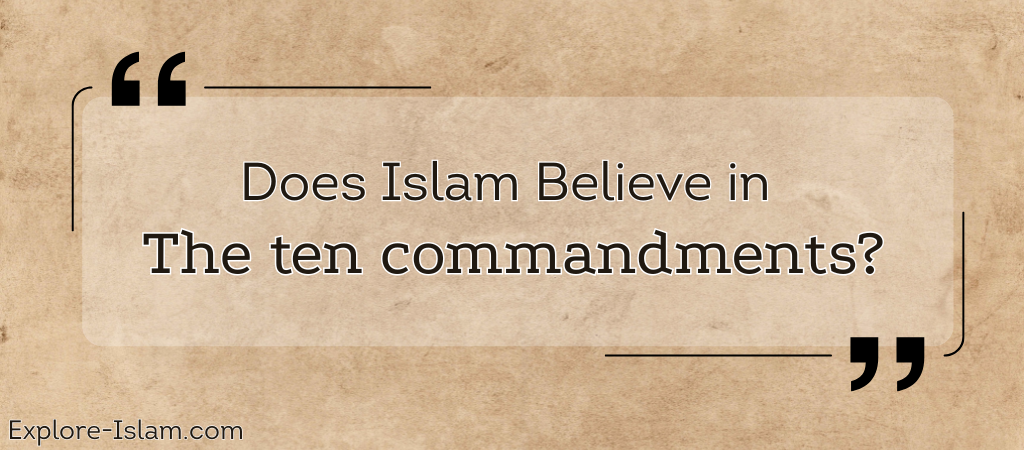
The Qur’an serves as the final authority to confirm and purify the original Ten Commandments by correcting human alterations.
Continue Reading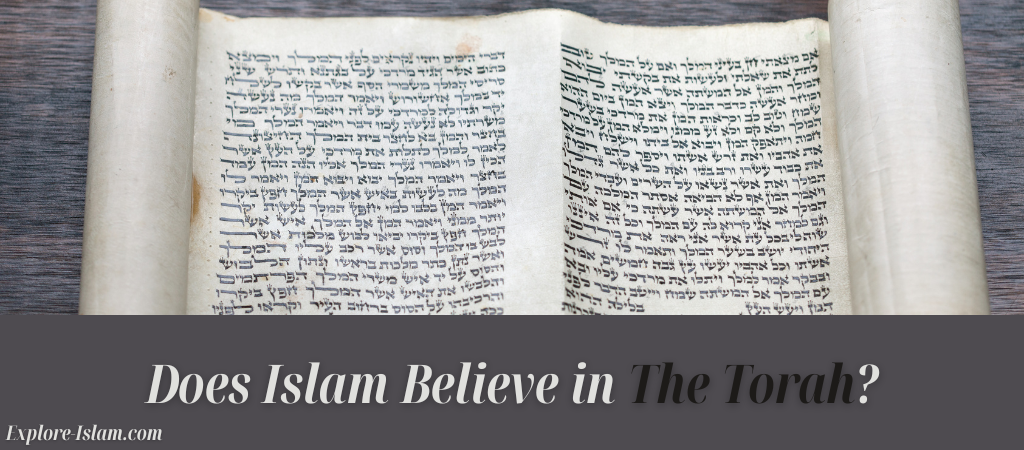
Muslims affirm the Torah’s divine origin but follow the Quran as the final, protected truth, believing the original Torah was altered.
Continue Reading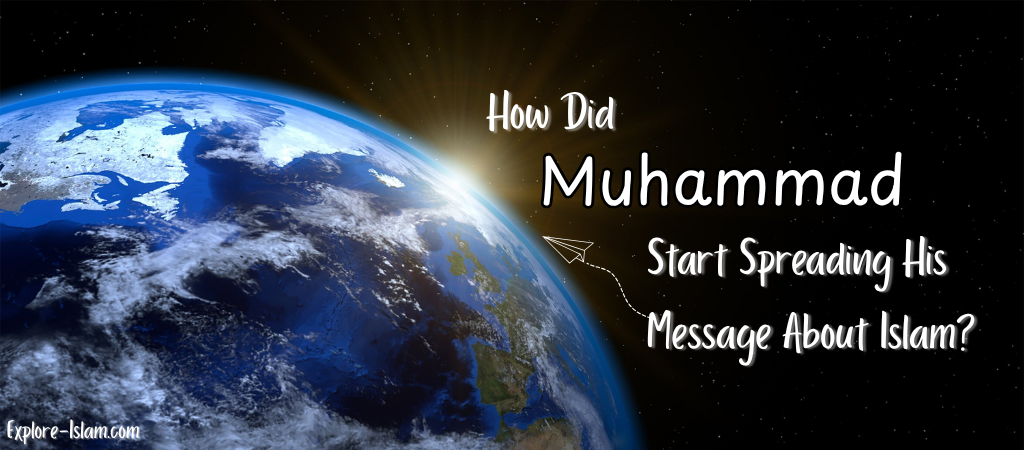
Prophet Muhammad (PBUH) spread Islam through perfect character and divine truth, fueling its miraculous, global growth.
Continue Reading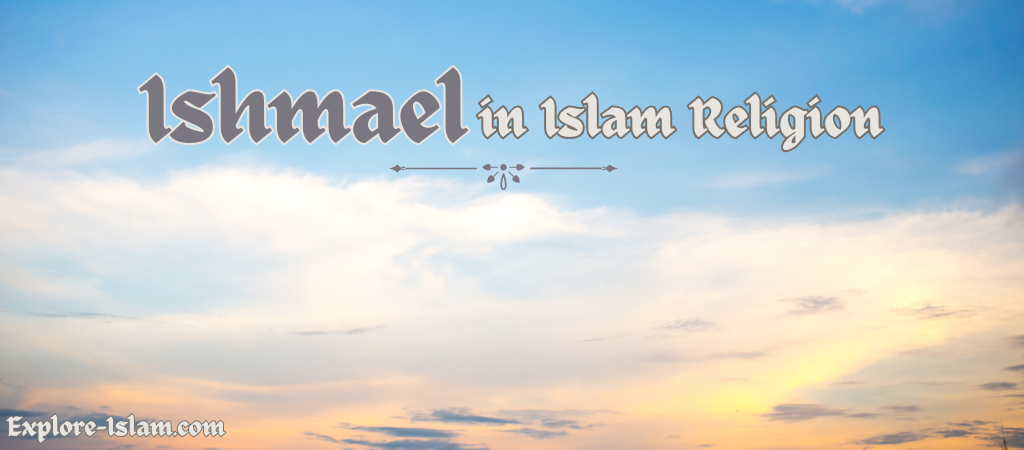
Prophet Ishmael is honored for his obedience, building the Kaaba, and symbolizing monotheistic faith in the Qur’an.
Continue Reading
Islam spread across Africa via trade and moral appeal, using values like justice and tolerance to drive long-term cultural growth.
Continue Reading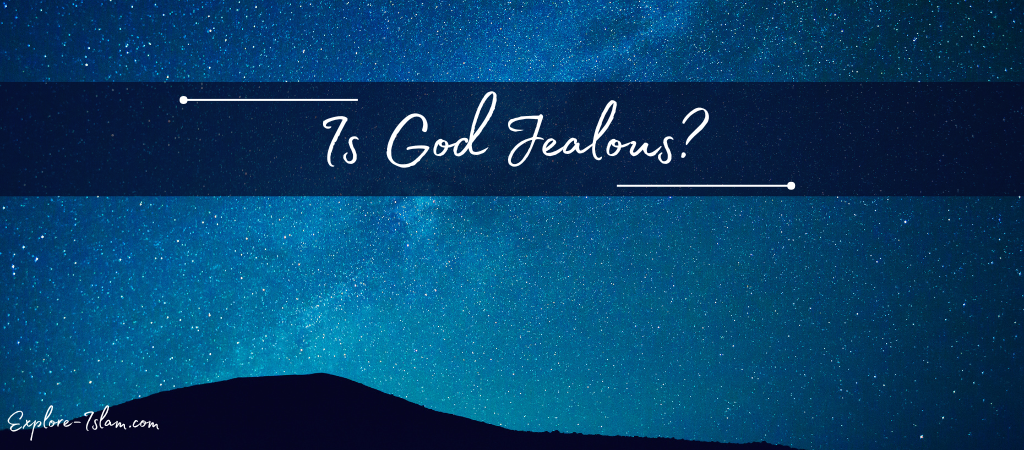
The Prophet (PBUH) taught that jealousy is a divine attribute; Allah’s jealousy is manifested through His prohibition of immoral deeds.
Continue Reading